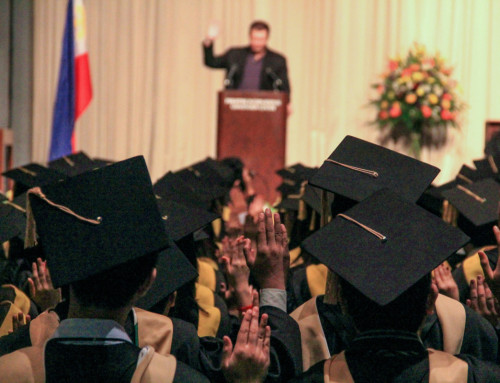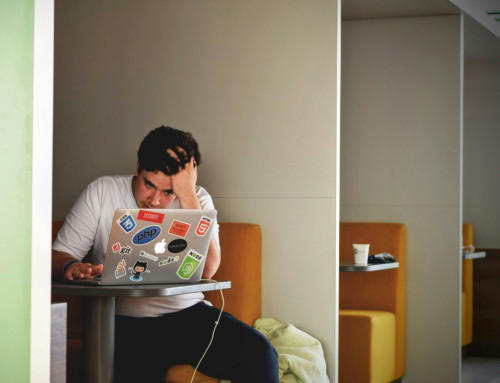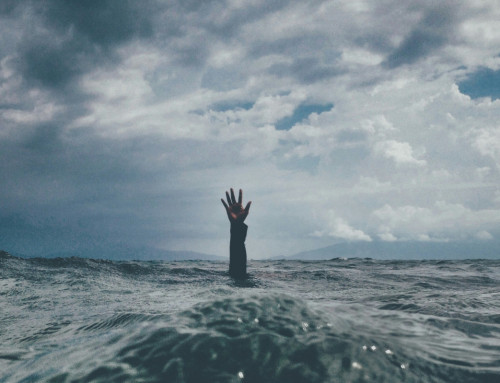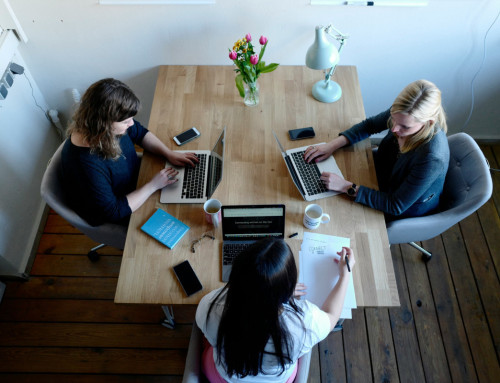The amounts of conversations I’ve had with others lately about fear is incredible. And I don’t mean that it’s unacceptable. It’s totally acceptable; it has to be! We’re human and fear is a natural part of our range of emotions. It plays the very valuable role of keeping us safe from real danger.
These conversations I’m talking about are all centred around perceived danger. The fear of the unknown. Maybe it’s because this is a very ‘real’ fear that crops up for me personally, that it’s coming up in conversations with people around me. Maybe we’re having these conversations because we’re finally ready to start processing what this fear is trying to tell us, to acknowledge it and maybe, just maybe, let it release so we can ‘take back’ our lives so to speak.
One thing I’ve learnt in these conversations is that it really can be truly paralysing. We might even feel it physically, showing itself as similar symptoms to anxiety with an inability to breathe deep enough, shaking or a hollowing out down the legs. Or the paralysis can be more on a mental level. Maybe we’re trying to make a decision and feel completely frozen, unable to go one way or another but the idea of sitting still is also too much. We might be overlaying previous experiences on a current one, with the fear of things going the same way (in whatever context), or the fear of feeling that crappy or hurt or disappointed again. It’s OK. We’ve all been there. We’ve all felt that. Even if we haven’t all quite been able to identify it.
The funny thing with fear though is the more we let it rule the roost, the smaller we feel. We’re literally giving away our power and telling ourselves that we don’t trust our own self to make wise, safe decisions. Believe me here when I say ‘trust’ is the magic word.
It really comes back to having trust in ourselves. Some might know me as an idealist (it’s true, I pretty well am), but I’m also very much a realist in life too. So when I say ‘trust in ourselves’, I don’t mean in a sense of total naivety that thinks ‘having trust’ means absolutely nothing will go awry. I mean in the sense of having trust where, even if things don’t go ‘to plan’ (because don’t we all have that wonderful, beautiful plan of how things should look) that we trust we’ll still make it through the adversity.
Having trust in ourselves is really about backing our ability. Our ability to feel whatever we’re feeling with fear (or otherwise), acknowledging it without smothering it down, taking whatever time we need for ourselves to let it process, and then continuing into our lives from the perspective of total awareness. Trusting and knowing we are capable of this. In Big Magic, Elizabeth Gilbert talks about how we will never truly be rid of fear or be fearless, because, as I mentioned earlier, fear is an inherent part of being human and keeping us physically safe. Instead, we can choose courage. Courage over fear. We can reckon with fear (something Brene Brown speaks of in Rising Strong) with acknowledgement and candour, so instead we can make our next move or decision (or lack thereof if that is the decision itself) with a complete sense of awareness of all that we can be aware of. And how can we not back ourselves with this kind of honesty? Even if the fear is still present (and it’s OK if it is), how can we at least not feel just a little bit more courageous when we’ve sat back and acknowledged all elements involved in the fear itself?
So yes, we may have no clue about what might happen in our lives but letting fear rule is holding us back. It’s limiting us in little ways and in huge ways. It’s putting the blinders on rather than attempting for a solution that brings more light, love and joy to the world. When we react out of fear, we exacerbate all that we’re afraid of. Like all things, it’s still a practice. It’s a practice that we might still have to approach every single day and just keep trying. Sometimes we’ll falter, sometimes fear and anxiety will overwhelm. That’s OK and that’s natural. But like taking those deep breaths to calm, like turning up to training or rehearsals in other areas of your life, it’s in the persistence of the practice that strengthens us. Not in the perfection.






